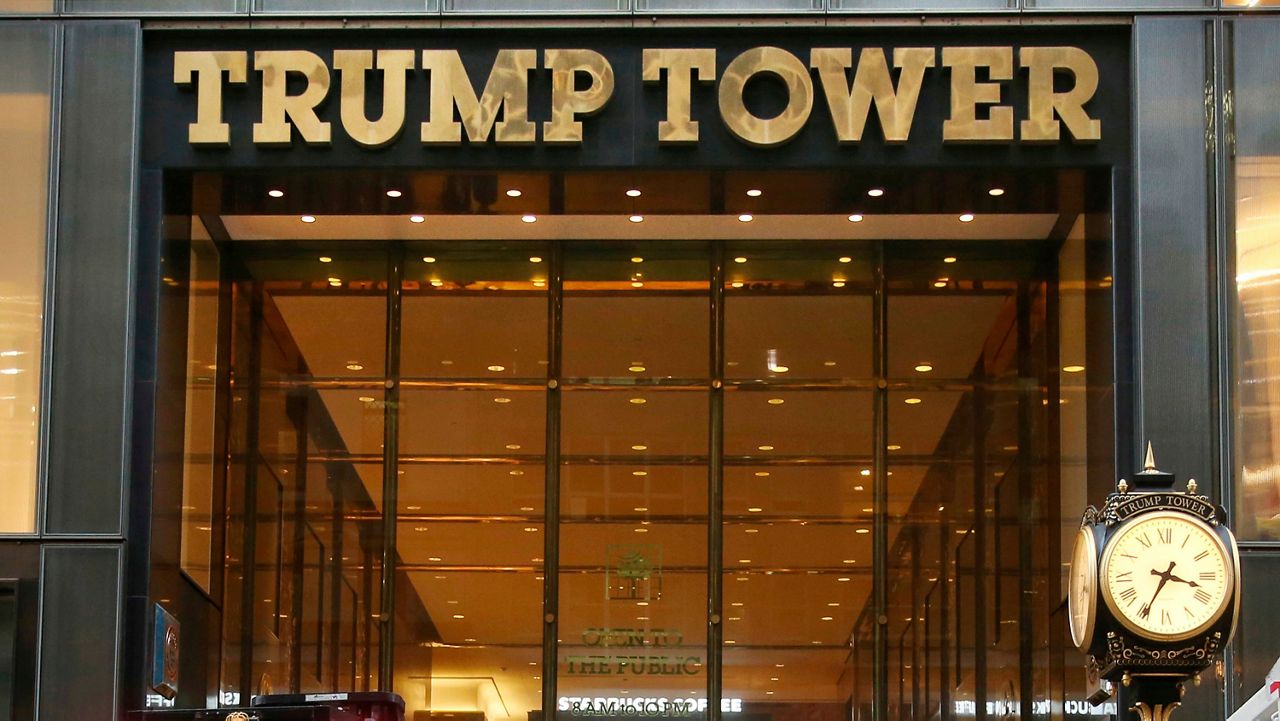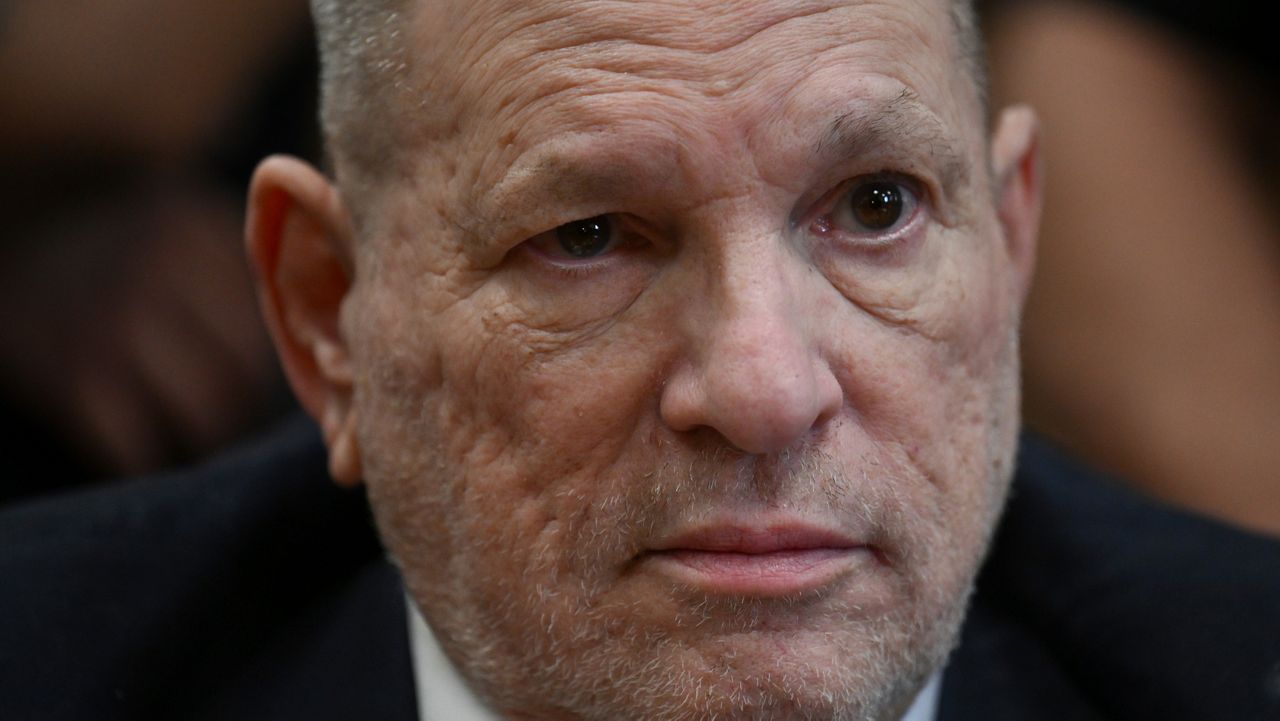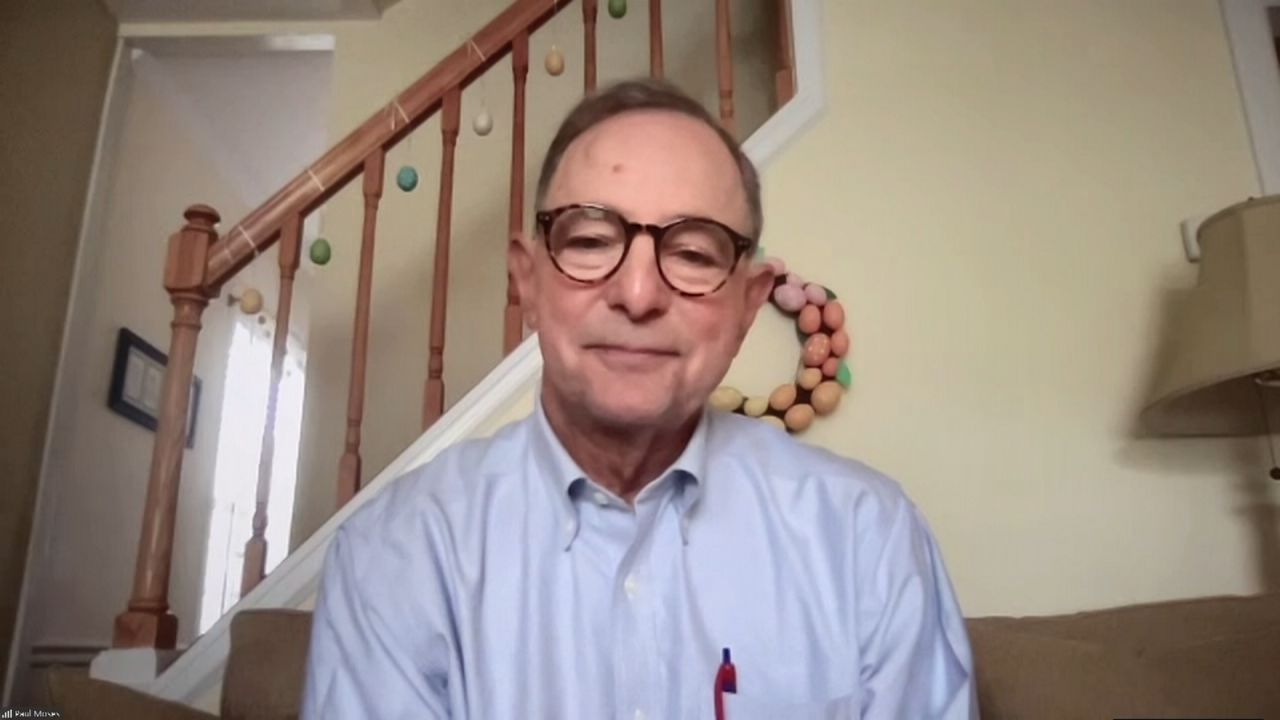For the first time in decades, New York City is facing down the possibility of losing significant services through multiple agencies as a vaccine mandate for the city’s 300,000 municipal workers goes into effect Monday morning.
With crucial workforces like sanitation, fire and emergency medical services showing sizable gaps in vaccination, the city could see declines in necessary services for weeks.
Despite the city’s long history of labor actions — from the strike waves of the 1930s and 1970s to the transit strike of 2005 and the police slowdown of 2014 — the brewing minority mutiny of primarily uniformed union workers represents something new, according to historians and union experts.
While the unions for teachers and public medical workers have responded to vaccine mandates with strong immunization drives — recent city data puts both groups at over 95% vaccinated — those in uniform are resisting not financial squeezes or the prospect of losing benefits but a requirement to receive an overwhelmingly safe vaccination.
The unvaccinated workers are turning their back on the city’s leadership just months before nearly all of their union leaders will have to bargain for new contracts with a new mayor and seek higher pay to match rising inflation.
“New York’s municipal unions haven’t faced a real hostile leader in a real long time,” said Joshua Freeman, an emeritus professor of labor history at the City University of New York. “They may take for granted that a situation like this at a different political moment could be very dangerous for them.”
Though Freeman and other experts are skeptical that the city is facing a threat to its daily functioning on the level of a total stop to public transportation or hills of trash bags on every corner, leaders of both uniformed agencies and their unions have been sending out ominous warnings.
A fifth of the police force could be sent home without pay, given current vaccination rates, leading to the “very real possibility” of an officer shortage, police commissioner Dermot Shea has said.
The fire department has suggested that as many as one in five ambulances and firehouses could be offline Monday morning, even as the EMS union chief tries to reassure residents that the corps will “not let the public down.”
The sanitation commissioner has already chalked up apparent slowdowns in trash pickups to the effect of the mandate.
Though the power of organized labor has declined in recent decades, and municipal strikes and slowdowns are illegal in New York state, New Yorkers are used to disruptions every few years.
“It’s not unprecedented,” Freeman said. “The particular context, COVID, is pretty strange, but we've seen unhappy workers not show up to work before.”
The effects of such actions have been mixed historically, and may turn out to be so now, according to Thomas Dyja, the author of “New York, New York, New York: Four Decades of Success, Excess and Transformation.”
The sanitation strike of 1968 had its worst effects in tenement areas that did not have adequate trash storing facilities, the Daily News reported at the time. The 2005 transit strike left commuters in the boroughs outside Manhattan stranded.
“Obviously that had a major impact on working people, people of color, people who rely on transit to get where they need to go,” Dyja said.
Yet the police slowdown of seven years ago resulted in a reduction of arrests across the city, leading to “relief” for some heavily policed groups and areas, he added. In the first week, arrests for turnstile hopping dropped by 99%.
Already, evidence suggests that the growing slowdown is affecting areas of the city that have historically seen poor access to services. As complaints of uncollected trash have quadrupled over the past week, most have come from southern Brooklyn and Staten Island, according to an analysis of 311 data by Gothamist.
Whereas earlier strikes were led by union leadership, often in response to the prospect of staffing cuts and other financial threats from the city, the backlash to the vaccine mandate is largely a minority phenomenon, with most city employees vaccinated, and one that is driven by what many describe as the workers putting their trust in vaccine misinformation.
The continued skepticism of vaccines, from members at all ends of the political spectrum, is striking even to longtime union leaders, especially given that uniformed unions have seen significant rates of disease and death from COVID-19 — nationally, more police officers have died from COVID-19 than from bullets since the pandemic began — and have known for months that the city was headed toward a broad vaccination mandate.
“I don't know where the breakdown is, between management and the unions and their workers,” said Ed Ott, the former executive director of the New York City Central Labor Council.
Sanitation workers, Ott noted, take “all kinds of shots” to address their proximity to bacteria and filth from city garbage.
“So why this one?” he said. I don’t even understand it.”
The city doesn’t have much historical precedent to rely on in addressing the potential slowdown, the experts say, besides to stay firm on the vaccination mandate and push off legal challenges. This week, a judge sided with the city against the police union in dismissing their suit against the vaccine mandate.
“This isn't about negotiating,” Dyja said. “This is a clear public health issue.”
In the face of hundreds of fire department workers protesting in front of Gracie Mansion, Mayor Bill de Blasio has held firm, saying he does not expect serious disruptions.
“I am not having second thoughts,” de Blasio said Thursday. “We expected that a lot of the vaccinations would happen toward the end of the deadline.”
Yet Ott believes that the city’s ongoing issues with the uniformed unions can only be solved by direct communication if either side wants to break the cycle of opposition — and avoid deepening the distrust.
“The uniforms have their issues,” he said. “The thing that every mayor has learned, sometimes the hard way, is what you really need to do is talk to them.”





_DNT_Columbia_Protest_CLEAN_FOR_APPROVAL)


